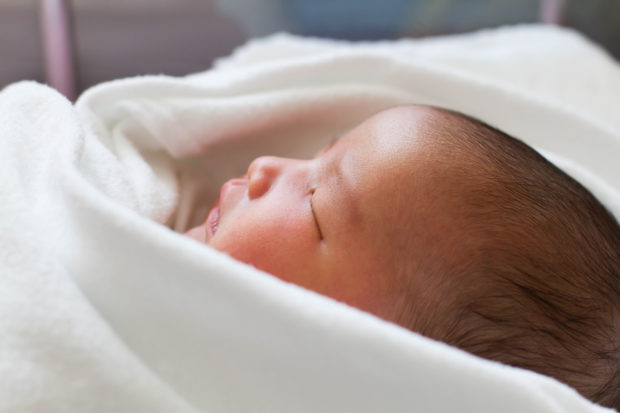
INQUIRER.net Stock Photo
While cases of supernumerary penises are already extremely rare, the case of a boy from Iraq has been making headlines for being the first-ever human recorded to have three penises.
This unprecedented case of triphallia (three penises) was published via the International Journal of Surgery Case Reports last year but has lately been gaining traction online.
Researchers noted that supernumerary penises is an “extremely rare congenital anomaly which affects one in every 5 to 6 million live births.”
“To the best of our knowledge, this is the first reported case with three penises or triphallia,” Doctors Shakir Saleem Jabali and Ayad Ahmad Mohammed said in the case report.
The case of the child, a native Kurd from Duhok city, was uncovered after his parents looked for help after noticing left-sided scrotal swelling and two skin projections in the perineum.
The first one was about 2 cm long with a glans and was attached to the root of the penis. The second supernumerary penis, meanwhile, was about 1 cm long and was found below the scrotum.
Both supernumerary penises were attached to the original penis but have no urethra inside.
It was also noted that the mother has a negative history of drug exposure during pregnancy and his family has no relevant genetic abnormalities and psychosocial histories.
Doctors have since removed the extra penises via surgery and the baby was discharged with no postoperative events and has recovered with no adverse effects.
Despite being successful, they noted that treatment of such cases is difficult “because it poses medical, ethical, and cosmetic aspects.”
“A combined multidisciplinary team is required for the management and long term follow up is required,” they added.
Aside from being the first recorded case of triphallia, supernumerary cases are never identical and have unique presentations, according to the doctors. /ra
RELATED STORIES:
COVID pandemic raised stillbirth and maternal death rates – study
Notebooks engage brains more actively than gadgets—study